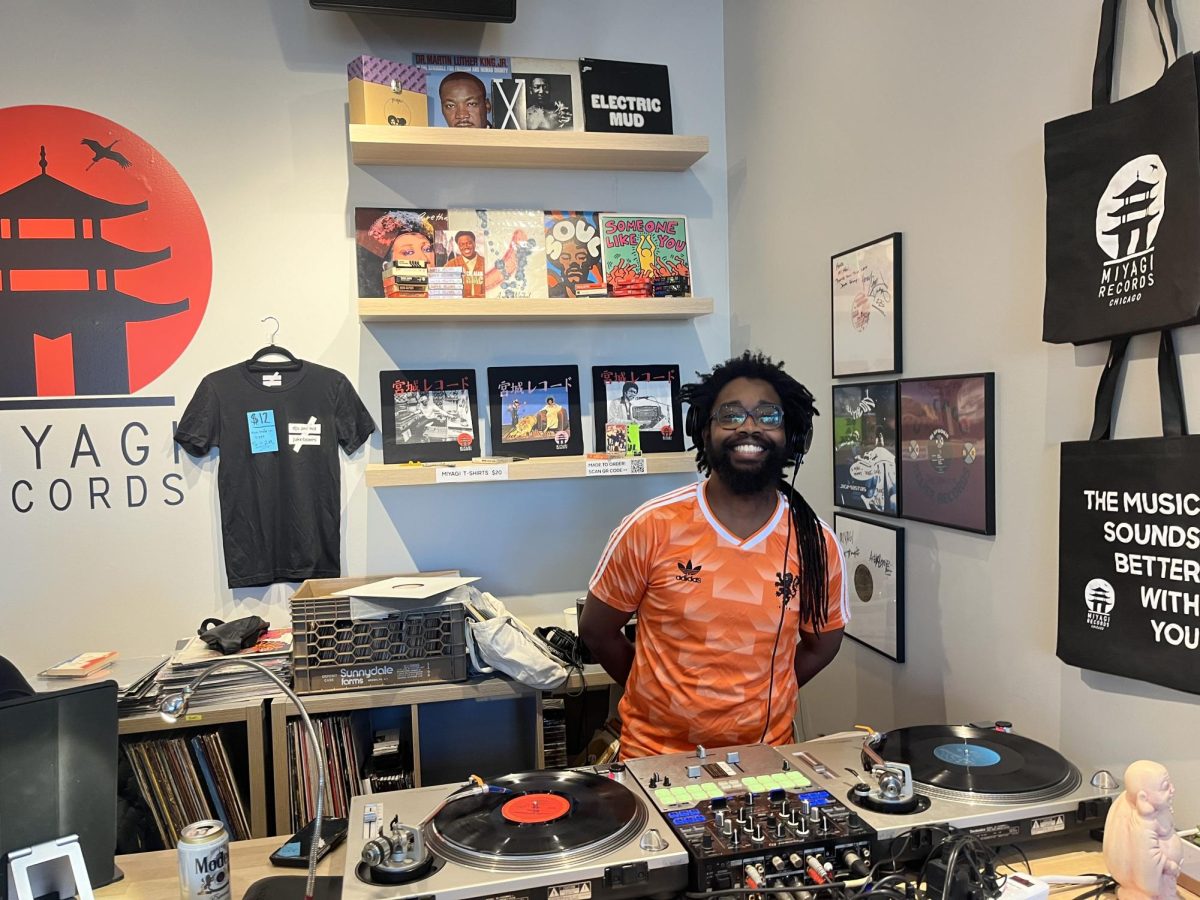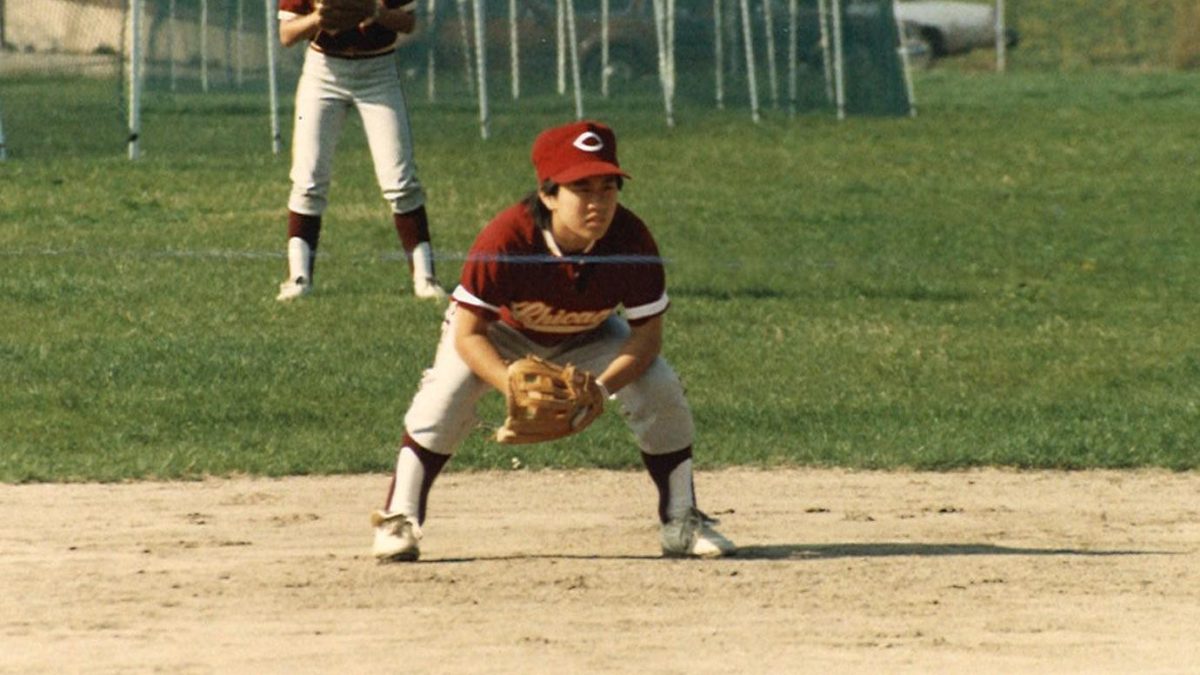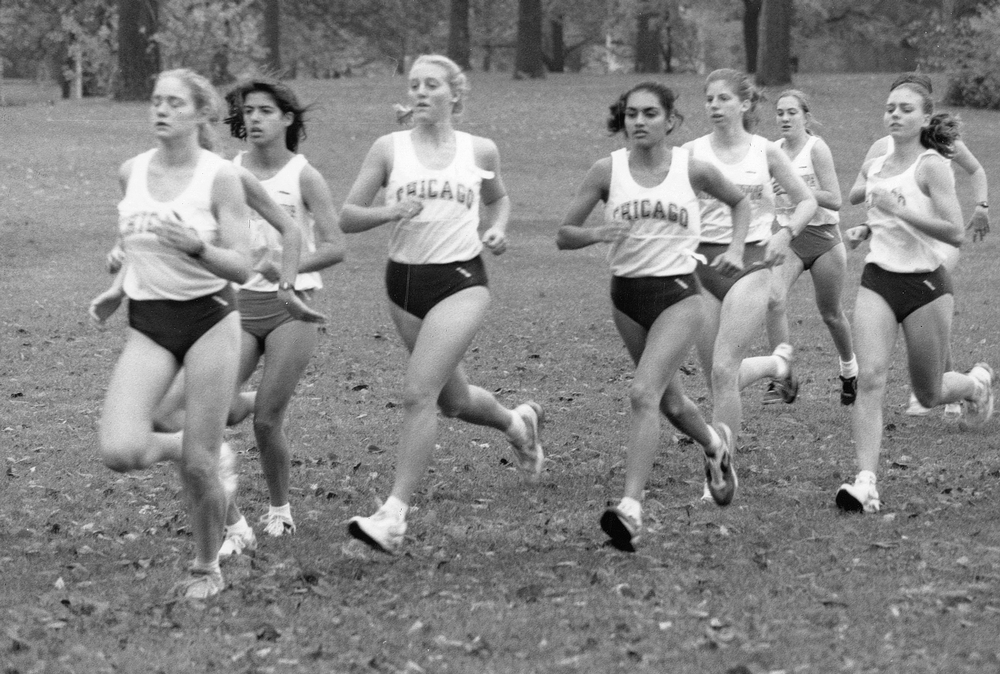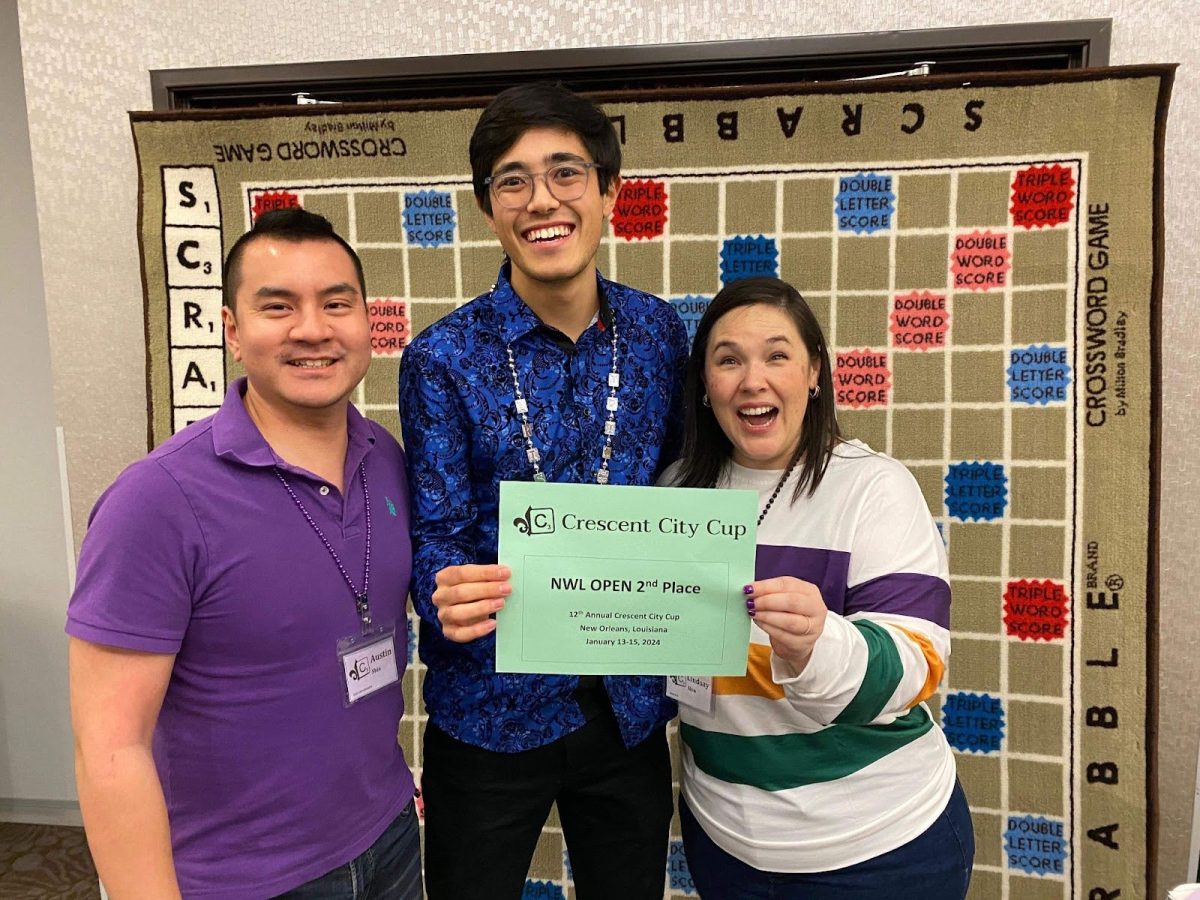The perks of being a collegiate athlete are well-known and well-documented, as ensured by the NCAA: the camaraderie of the team, the friendships forged through early morning lifts and on late night bus rides, the prestige, the sense of accomplishment and achievement that comes every time one dons the uniform.I recognize the fortune in the hand I was dealt; I get to play, with teammates whom I love, a sport that I love for a university that, all things considered, I love. There is a great deal of luck involved in getting me to where I currently am, and I count myself among the lucky few.
The life of a college athlete seems simple and blessed, right? At a young age, we set a goal for ourselves—to play sports in college—and we achieved that goal. Every practice, every game, every day is a testament to and evidence of our hard work, our talent, and our ambition. We did it; we get to live out our dream; we succeeded.
If only it were that simple.
In reality, a college athlete signs up for far more than just a sport, more than just the game. Committing to join a team and to play a sport in college remains just that—a commitment. It is a commitment to early morning lifting, to watching extra film, to voluntary conditioning, to finishing assigned work between walk-through and game time, to balancing a four-day travel weekend with three looming exams. Participating in college sports andthe teams involved is fun and rewarding and completely exhausting. It is all of these things at once,and that is precisely what makes it so complicated.
In recent years, mental health has become an increasing concern in the collegiate athlete model as athletic departments and student-athletes have focused on erasing its stigma. This movement began in earnest in 2014 when Madison Holleran, a first-year track runner at the University of Pennsylvania, died by suicide. ESPN writer Kate Fagan, a former college basketball player herself, published a feature in 2015 that thrust the issue of mental health and college athletes into the national consciousness and discourse.
It should come as no surprise that student-athletes struggle with their mental health. They are, after all, college students themselves, a group vulnerable to the pressures and stresses contained on campuses nationwide. In addition to the usual stressors, student-athletes must handle additional stressors that the general population does not, such as time demands, relationships with coaches and teammates, and athletic travel. Add in the fact that athletes are students uniquely accustomed to success and external feedback from teammates and coaches. According to the NCAA, only about 5 percent of high school athletes compete in college.The entire point of athletic training and competition lies in the pursuit of perfection. This is a group that has been taught, through coaches and experience, that they are able to overcome adversity and that a strong work ethic and determination result in individualand team victories. So what happens when those obstacles are internal, when the struggle is no longer against a physical opponent but rather within oneself?
A 2011 report from the American College Health Association found that, while college athletes suffer from anxiety and depression at slightly lower rates than their nonathlete peers, they are significantly less likely to seek help for those issues. Part of athletic accomplishment—and a part that many athletes take particular pride in—is toughness, not just physical but mental. This dangerous stigma around mental health in the athletic community can lead to devastating results; according to NCAA data, suicide was the third-leading cause of death between 2004 and 2008 for student-athletes after accidents and cardiac causes. High-profile deaths, such as Holleran’s and that of former Washington State University quarterback Tyler Hilinski, remind us of the stark consequences of such stigmas.
Besides anxiety and depression, student-athletes also struggle with personality disorders, eating disorders, and substance-abuse issues. For instance, according to the National Association of Anorexia Nervosa and Associated Disorders, eating disorders are twice as prevalent in female athletes than in the general population. The NCAA reports that student-athletes binge drink at a higher rate than their peers and 30 percent of a survey population had experienced blackouts from drinking. These are troubling statistics, revealing a need for mental health awareness and built-in support. The NCAA has taken steps to introduce mental health awareness and support into its member institutions, and many athletic departments have added counselors onto their staffs. Former athletes, like University of Michigan defensive tackle Will Heininger and Oregon State gymnast Taylor Ricci, have spoken openly about their mental health struggles and created platforms and opportunities for other athletes to do the same. Ultimately, though, mental health is a deeply personal issue and one whose stigmas remain entrenched in sports.
When I describe these stigmas, I speak from personal experience. I have torn my ACL twice now, keeping me away from my sport for months at a time. Injuries are a common trigger among student-athletes, as they are both unavoidable and devastating. I know I am so much more than an athlete, yes, but I am still an athlete. Any knee injury strips me, however temporarily, of a fundamental piece of my identity. I have been rocked physically and mentally, forced to reexamine who I am when I am not a basketball player. There is solace to be taken in the fact that I am not alone, but there is fear and frustration in this fact as well. Many injured athletes find themselves facing sadness, isolation, anger, frustration, and disengagement in the immediate and long-term aftermath as they deal with an uncertain future in sport.
It is the unique and ironic curse of sports that the exact act of participating in sport can cause injury that prohibits further participation. Echoing the oft-quoted words of Mia Hamm, I like to think of the little girl—me—who first picked up a basketball and decided to never put it down. In the aftermath of my knee injuries, I struggled with the question of whether or not that little girl should have put the ball down at some point, a painful question to even consider but one that begged to be answered. In that place, in which I felt of my sense of identity threatened and my future undefined, it was impossible to escape these pervading fears and anxieties. Instead of grappling with the complicated position of basketball in my life—an activity that had gifted me such immense joy for years and had subsequently, cruelly and unfairly, taken it away with one untimely play—it was easier to wish it all away. In my mind, it seemed like a simple trade-off: sacrifice the years of happiness in order to eliminate the present pain and turmoil. In short, I wasn’t happy, but I was resistant to finding solutions that would, perhaps, help me. It was only through the persistent persuasion of my family that I became willing to discuss and address my own anxieties.
After months of prodding, I finally saw a counselor. The first session was incredibly difficult; it was hard for me to articulate thoughts I barely wanted to admit to myself in front of a stranger. I felt silly and weak and like my own struggles were inconsequential: "A lot of people have been through much worse, so who I am to complain?" To this day, I still struggle with speaking openly about my feelings; writing this piece has honestly been a test. But I found reassurance and validation with the counselor. My personal anxieties and emotions were real and worth exploration. I do not need to internalize everything and insist that I am always “okay.” In fact, it’s normal and regular to not be okay some of the time.I found the simple act of conversation to be a cathartic one. For me, it was enough to simply vocalize my fears and doubts and uncertainties. I only needed an impartial listener to help me realize that I am allowed to have fears and anxieties, that there is no shame in a struggle. I have come to the realization that just because I aim for perfection doesn’t mean that I always need to be perfect. Because of those sessions, I am so much better-equipped to handle my anxieties and to find outlets to express my emotions today.
I am fortunate in a lot of ways, and fortunate that I have not personally dealt with more serious mental health issues. But, over the years, I have seen plenty of other student-athletes who have. Even as we might pursue perfection, we do not need to be perfect. There is no magic that will suddenly lead to the unencumbered embrace of the thorny topic of mental health by all members of a community. There is no one solution that will destigmatize mental health among athletes, no one answer that will remind athletes that their mental health is just as important as their physical. As student-athletes, it is our ultimate responsibility to build communities that support and accept our teammates and friends. It’s time we recognize this responsibility and express the mental battles and difficulties in which we all engage. There are so many people in this world who want to help, and we just need to be willing to seek them out when needed. By sharing my story, I hope that I can help to provide a network for others to do the same and remind athletes that nobody is alone.









